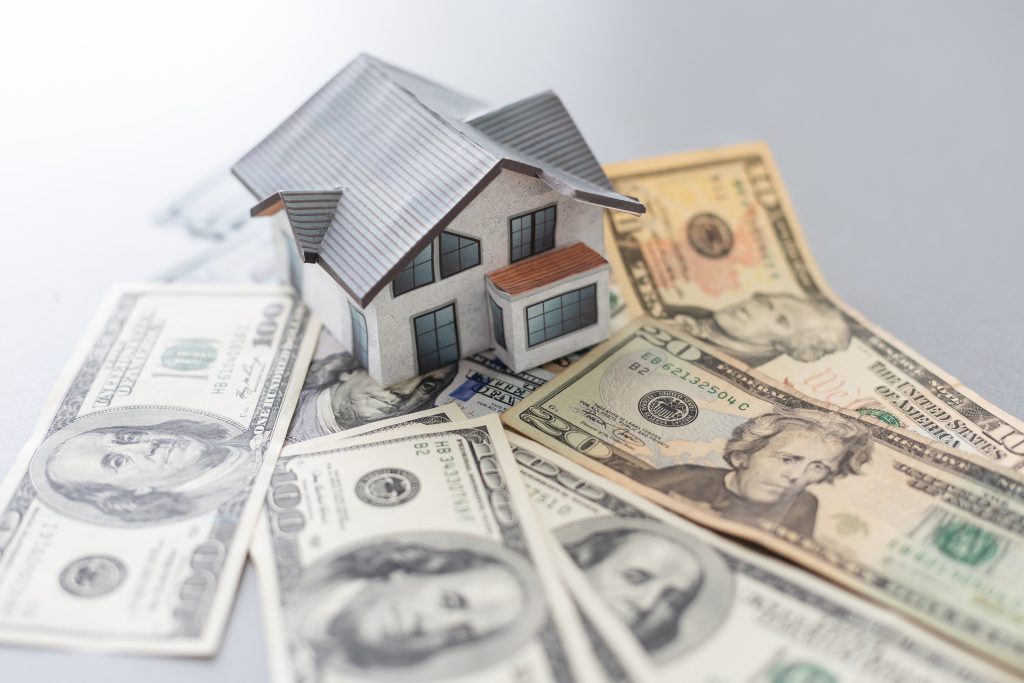For most people, the act of buying and selling their house is the largest financial transactions they will have during their lifetime. Most houses cost a minimum of $100,000 and in most cases, much more than that. Buyers are using their life savings as a down payment for the mortgage and then they are borrowing 6 figures to buy the house. That is a lot of money to have invested so when it comes time to sell, you want to make sure you are not losing your equity in your house. When we look at a typical real estate transaction using a realtor, it can cost you as much as 15% of your equity in your house.

There are a lot of costs when you sell a house through a realtor. Realtors typically charge 6% of the sale for their services. When a house is sold through a realtor, there are usually two realtors involved in the transaction. The realtor you hire is known as the listing agent because they are listing your house for sale. The buyer usually has their own realtor, known as the buyer’s agent. There are instances where the same realtor represents the seller and the buyer.
When you list a house with a realtor, they usually tell you the reason for 6% commission is so they can “market” your house to buyers. They may lead you to believe they are going to pay for advertising for your house. In reality, when they “market” your house, they put it on a realtor website called the Multiple Listing Service or MLS. Only other realtors can see the MLS listings. On the MLS listing, the listing agent puts how much commission the buyer’s agent will receive. Commonly the 6% commission gets split down the middle, 3% for the listing agent and 3% for the buyer’s agent. When a listing agent tells you they are going to “market your house”, they mean they are marketing the commission to other agents to bring buyers to your house.
Let’s look at a hypothetical house sale for a $150,000 house. 6% of your equity, or $9,000, goes toward commissions for realtors. 3% goes to your realtor and 3% goes to the buyer’s agent. As mentioned previously, your real estate agent will put the listing on MLS and advertise how much commission they are offering to a buyer’s agent in order to get them interested in showing your house.
There are typically going to be repairs needed to get the house in marketable condition. How do your walls, trim, base boards, and ceilings look? Do they need to be painted? You will want them looking good to attract buyers. How old is your HVAC unit? If it’s more than 10 or 15 years old, it may need to be replaced depending on how it has been serviced. How old is your water heater? If it’s more than 10 years old, it probably needs to be replaced. How old is the roof? If it’s more than 20 years old, it will probably need to be replaced. Are you leaving the appliances and how old are they? What condition is the carpet in? It’s common to have to replace carpets when putting house on the market. How does the exterior look? Does the house need to be pressure washed and/or painted? Do you have a deck and what condition is it in? There are all questions you will want to ask yourself before listing your house for sale. Your realtor should be able to give you an idea of what will need to be done based on your specific situation. A typical budget for getting your house in marketable condition is 4% of the sale, or $6,000 in this example.
It is common today that sellers contribute to the buyers closing costs. Depending on the type of lender the buyer is using, the seller can contribute between 3%-6% of the transaction towards buyers closing costs. Closing costs are things like attorney’s fees, county fees, title insurance, recording fees, and mortgage fees to name a few. A lot of times first time homebuyers have the down payment saved but not the closing costs. By asking the seller to include closing costs is a way they are able to finance their closing costs. By offering to help with closing costs, it helps facilitate the transaction. 3% of the closing costs in this hypothetical transaction would be $4,500.
Once your realtor gets a contract on your house, the buyer is going to hire a home inspector to inspect everything in your house. This includes the foundation, the roof, the HVAC unit, the plumbing; every component of your house. The home inspector then submits a lengthy report, usually 50-100 pages, to the buyer and another round of negotiations takes place. If there is deferred maintenance, a buyer will want that fixed by the seller. Maybe there are items that should have been done before the house was listed but they weren’t done for budgetary reasons. Typically, 2% of the transaction gets spent repairing the items found on the home inspection, or $3,000 in this case.
Let’s take a look at our hypothetical $150,000 sale and review the cost involved:
- Realtor Commissions 6% $9,000
- Marketable Repairs 4% $6,000
- Seller Closing Cost Contribution 3% $4,500
- Home Inspection Repairs 2% $3,000
- 15% $22,500
That totals $22,500 or 15% of your equity. After you pay off your mortgage there may not be a much left for yourself. If you are going to sell your house using a realtor, make sure you understand the various components of the transaction. Buying and selling a house can be stressful. It can be even more stressful when unexpected expenses show up. If you do want to use a realtor, talk to several. There are a lot of good ones out there but there are also a lot of bad ones. Get a thorough idea of what will need to be done to get your house marketable. The more thorough you are on the front end, the less surprises you will encounter during the process.



